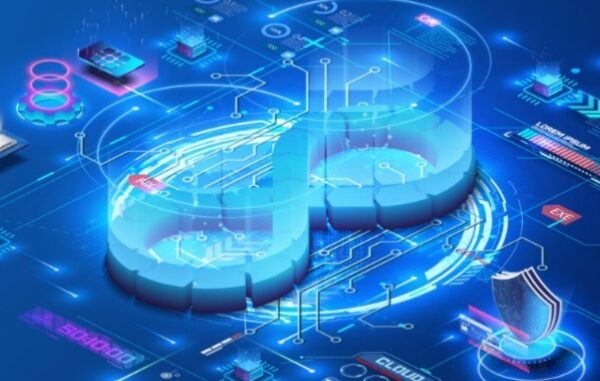
Technology has profoundly transformed traditional industries, reshaping their operations, business models, and competitive landscapes.
Here is an in-depth look at the impact of technology on various traditional industries:








1. Retail
E-commerce and Omnichannel Retailing
E-commerce Growth: Platforms like Amazon, Alibaba, and Shopify have revolutionized how consumers shop, favoring online over brick-and-mortar stores.
Omnichannel Strategies: Retailers are integrating physical and digital shopping experiences, offering services like buy online, pick up in-store (BOPIS), and seamless returns across channels.
Supply Chain and Inventory Management
Automation: Technologies like robotics and automated warehousing systems enhance supply chain efficiency.
Real-Time Data and Analytics: Retailers use predictive analytics for demand forecasting and inventory management, reducing costs and improving customer satisfaction.
2. Finance
Digital Banking and FinTech Innovations
Digital Banking: Mobile banking apps and digital-only banks (e.g., Revolut, Chime) provide convenient, 24/7 access to financial services.
FinTech Solutions: Innovations in payment systems (e.g., PayPal, Venmo), peer-to-peer lending, and robo-advisors are disrupting traditional banking services.
Blockchain and Cryptocurrencies
Blockchain Technology: Financial institutions are adopting blockchain for secure transactions, smart contracts, and transparent record-keeping.
Cryptocurrencies: Digital currencies like Bitcoin and Ethereum are challenging conventional financial systems, offering decentralized alternatives for transactions and investments.
3. Healthcare
Telemedicine and Remote Monitoring
Telemedicine: Virtual consultations via platforms like Teladoc and Amwell increase access to healthcare, especially in remote areas.
Remote Monitoring: Wearable devices and IoT-enabled health monitoring tools allow continuous tracking of patient health metrics.
Health Informatics and Data Analytics
Electronic Health Records (EHRs): Digitization of health records improves information sharing and patient care coordination.
Data Analytics: Big data analytics in healthcare helps in predictive diagnostics, personalized treatment plans, and efficient resource allocation.
4. Manufacturing
Automation and Smart Manufacturing
Robotics: Industrial robots perform repetitive tasks with high precision, enhancing productivity and reducing labor costs.
IoT and Smart Factories: Connected devices monitor and optimize manufacturing processes in real-time, leading to predictive maintenance and reduced downtime.
Additive Manufacturing (3D Printing)
Rapid Prototyping: 3D printing allows for quick and cost-effective prototyping of new products.
Custom Manufacturing: Enables the production of customized and complex parts that are difficult to create using traditional manufacturing methods.
5. Transportation and Logistics
Autonomous Vehicles and Drones
Self-Driving Technology: Companies like Tesla and Waymo are developing autonomous vehicles that promise safer and more efficient transportation.
Delivery Drones: Drones are being used for fast and efficient delivery of goods, particularly in remote and congested areas.
Smart Logistics
Real-Time Tracking: GPS and IoT technologies provide real-time tracking of shipments, improving transparency and efficiency.

Leave a Reply